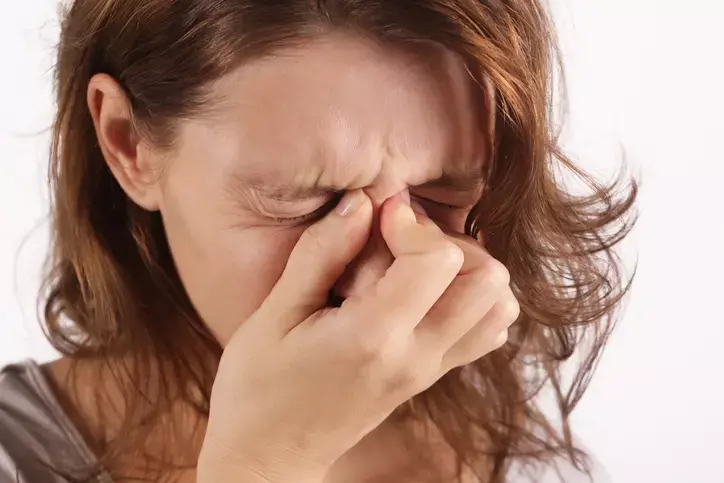- Home
- Medical news & Guidelines
- Anesthesiology
- Cardiology and CTVS
- Critical Care
- Dentistry
- Dermatology
- Diabetes and Endocrinology
- ENT
- Gastroenterology
- Medicine
- Nephrology
- Neurology
- Obstretics-Gynaecology
- Oncology
- Ophthalmology
- Orthopaedics
- Pediatrics-Neonatology
- Psychiatry
- Pulmonology
- Radiology
- Surgery
- Urology
- Laboratory Medicine
- Diet
- Nursing
- Paramedical
- Physiotherapy
- Health news
- Fact Check
- Bone Health Fact Check
- Brain Health Fact Check
- Cancer Related Fact Check
- Child Care Fact Check
- Dental and oral health fact check
- Diabetes and metabolic health fact check
- Diet and Nutrition Fact Check
- Eye and ENT Care Fact Check
- Fitness fact check
- Gut health fact check
- Heart health fact check
- Kidney health fact check
- Medical education fact check
- Men's health fact check
- Respiratory fact check
- Skin and hair care fact check
- Vaccine and Immunization fact check
- Women's health fact check
- AYUSH
- State News
- Andaman and Nicobar Islands
- Andhra Pradesh
- Arunachal Pradesh
- Assam
- Bihar
- Chandigarh
- Chattisgarh
- Dadra and Nagar Haveli
- Daman and Diu
- Delhi
- Goa
- Gujarat
- Haryana
- Himachal Pradesh
- Jammu & Kashmir
- Jharkhand
- Karnataka
- Kerala
- Ladakh
- Lakshadweep
- Madhya Pradesh
- Maharashtra
- Manipur
- Meghalaya
- Mizoram
- Nagaland
- Odisha
- Puducherry
- Punjab
- Rajasthan
- Sikkim
- Tamil Nadu
- Telangana
- Tripura
- Uttar Pradesh
- Uttrakhand
- West Bengal
- Medical Education
- Industry
Sinus surgery beneficial for immunodeficient chronic rhinosinusitis patients: Study

Canada: Endoscopic sinus surgery (ESS) is beneficial for patients with chronic rhinosinusitis (CRS) and immunodeficiency, suggests a recent study in the journal International Forum of Allergy & Rhinology.
Immunodeficiency is a risk factor for recalcitrant chronic rhinosinusitis. No consensus has been formed on effective treatment modalities for immunodeficient CRS patients. The review by Jonathan Yip, University of Toronto, Toronto, ON, Canada, and colleagues aimed to evaluate the existing evidence on the treatment outcomes and its limitations in patients with CRS and immunodeficiency.
For the purpose, the researchers searched the online databases from inception to April 2019. It included studies reporting measurable medical or surgical treatment outcomes for adult patients with CRS and underlying primary or secondary immunodeficiency.
Of the 2459 articles screened, 13 studies met the inclusion criteria -- 2 prospective double‐blind placebo‐controlled trials, 2 prospective case‐control studies, 2 prospective cohort studies, and 7 case series.
Key findings of the study include:
- Antibiotic monotherapy was not linked with significant improvement in clinical, radiographic, or endoscopic outcomes.
- Immunoglobulin replacement therapy may potentially reduce the frequency of acute or chronic sinusitis in patients with primary immunodeficiency (PID) but may not improve their sinonasal symptoms.
- Outcomes from endoscopic sinus surgery were reported in 8 studies, which found that surgery was linked with improvement in symptoms, disease‐specific quality of life, endoscopy scores, and radiographic scores.
- The average reported ESS revision rate was 14%.
Also Read: Immunodeficiency strongly linked with suicide, psychiatric disorders: JAMA
"Patients with CRS and immunodeficiency likely benefit from ESS based on the available evidence," wrote the authors. "Data supporting medical therapy in this targeted population is limited overall, but there may be a potential role for immunoglobulin therapy in patients with PID and CRS."
The study titled, "Medical and surgical treatment outcomes in patients with chronic rhinosinusitis and immunodeficiency: a systematic review," is published in the journal International Forum of Allergy & Rhinology.
DOI: https://onlinelibrary.wiley.com/doi/abs/10.1002/alr.22647
Dr Kamal Kant Kohli-MBBS, DTCD- a chest specialist with more than 30 years of practice and a flair for writing clinical articles, Dr Kamal Kant Kohli joined Medical Dialogues as a Chief Editor of Medical News. Besides writing articles, as an editor, he proofreads and verifies all the medical content published on Medical Dialogues including those coming from journals, studies,medical conferences,guidelines etc. Email: drkohli@medicaldialogues.in. Contact no. 011-43720751


